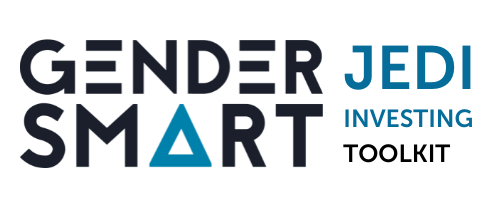JEDI Investing Principles
The JEDI Principles provide a framework for considering, implementing, and improving investments with a JEDI lens. They have been designed to be non-performative, and move beyond box checking, to enable continuous improvement at both the organisational and investment level.
They are primarily designed for investors and allocators, but could also be used by intermediaries and others who support allocation. They could also be adapted for internal frameworks and policies, and into legal documentation.
JEDI can also mean different things depending on the country or region. In Australia, for example, it refers to indigenous Aboriginals; in Africa it could be a marginalised ethnic group; in Europe it could be refugees. This broad range of definitions, alongside the breadth of potential toolkit users, is why we have not been overly prescriptive or specific with recommended actions. Instead, the goal is to equip potential investors with a common code and language to map out their JEDI investing strategies and approaches.
These are recommended guidelines and will continue to evolve in future iterations of the toolkit.
Principle 6: Accountability
Monitor milestones and progress against concrete goals and allocation volumes (if applicable). Where possible, refer to measurable benchmarks and other industry standards.
Principle 7: Iteration
Investing with a JEDI lens involves integrating feedback loops and committing to building a cohesive culture of reflection, accountability and action over the long term. This is in part about tracking progress, measuring against goals and considering shifts in power dynamics inside the organisation (and out).



